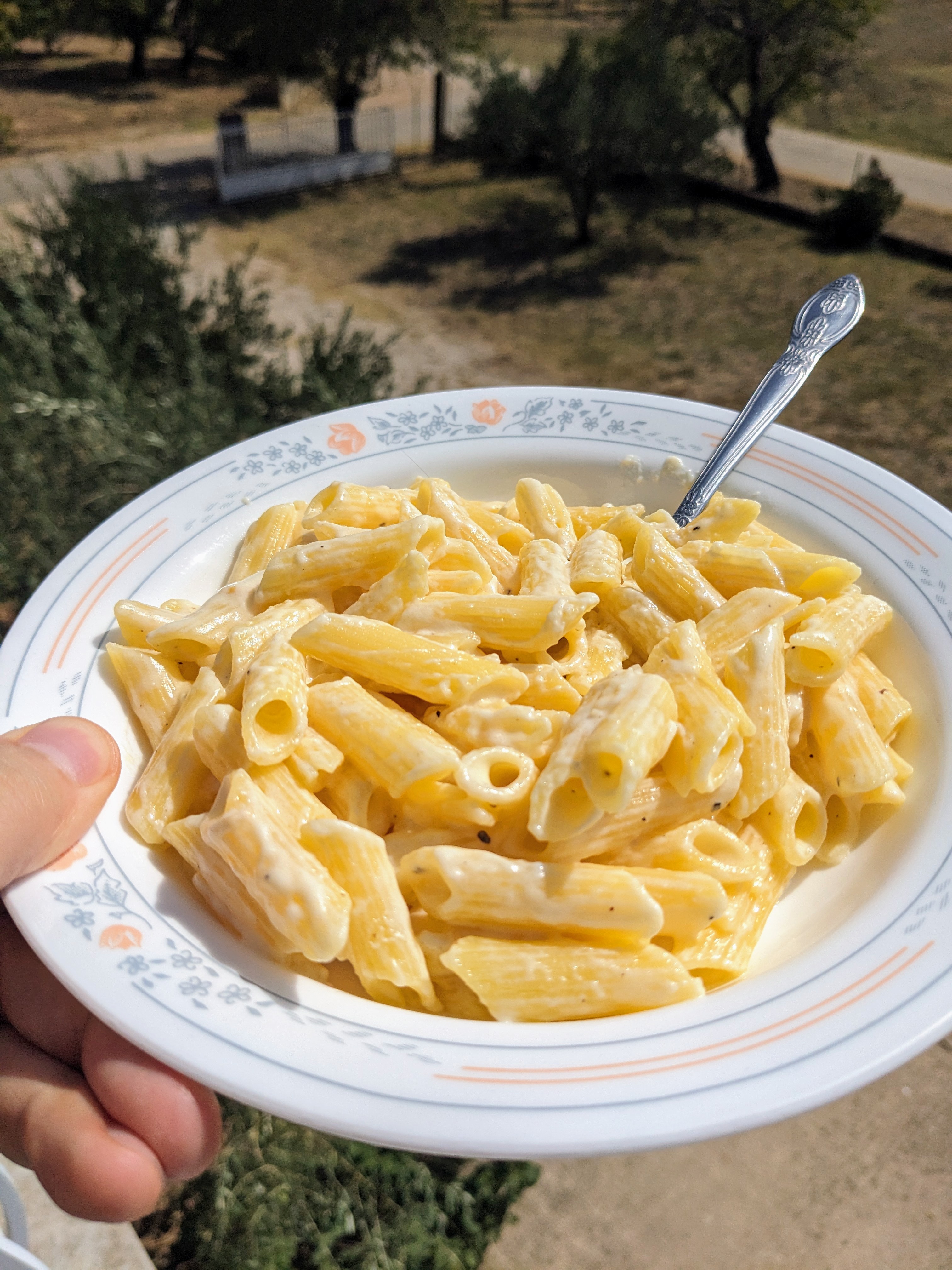I wandered into the kitchen, hungry and with a craving for something warm and cheesy. Macaroni was on my mind, and as I opened the fridge to gather the ingredients, dida looked over, his eyes twinkling with mischief.
“Beba je se ogladnila,” he said mockingly, a knowing grin on his face. The baby got hungry.
I shot him a glare but couldn’t suppress a smile. Dida always knew how to make a simple task into a game. Baba was watching from the corner, her eyes sharp. “Make sure you don’t burn anything this time,” she warned, her voice half-serious, half-teasing.
I rolled my eyes but couldn’t deny that I had a tendency to get distracted at the stove. I focused on my task, stirring the macaroni and carefully watching the cheese melt into a golden pool of comfort food.
The meal was simple, but it filled the void, and I savored every bite, feeling the warmth spread through me. Baba watched me eat, her eyes soft with something that looked like approval.
“Put the dishes in the sink right away,” she said as I scraped the last bite into my mouth. “Or else the cheese will harden.”
I looked at the plate, tempted to leave it for later. Why did I take economics in school if other people were going to do marginal analysis on my every behavior every second of the day? I was content with letting the plate sit and washing it when I felt like it. It didn’t matter if I had to scrub harder later. That was a tradeoff I made for myself, and nobody should have any influence over that unless they felt like paying me.
But I kept those thoughts to myself and carried the plate to the sink. I knew better than to argue with baba over dishes. Her wisdom extended far beyond the kitchen, and somehow, she always managed to be right.
Dida chuckled as I walked past, his eyes still twinkling with that knowing look. He saw through me, understood my frustration, and yet found joy in the mundane. I couldn’t help but smile back.
I left the kitchen, my hunger sated, and my mind a little lighter. Sometimes, the simplest lessons were taught in the most unexpected places, and the tradeoffs we made were not just about economics but about family, respect, and understanding.
I glanced back at baba, who was already at the sink, scrubbing the plate with a satisfaction that went beyond clean dishes. She knew what she was doing, and she knew how to teach it. It wasn’t just about the macaroni or the hardened cheese; it was about life, and I was still learning.
